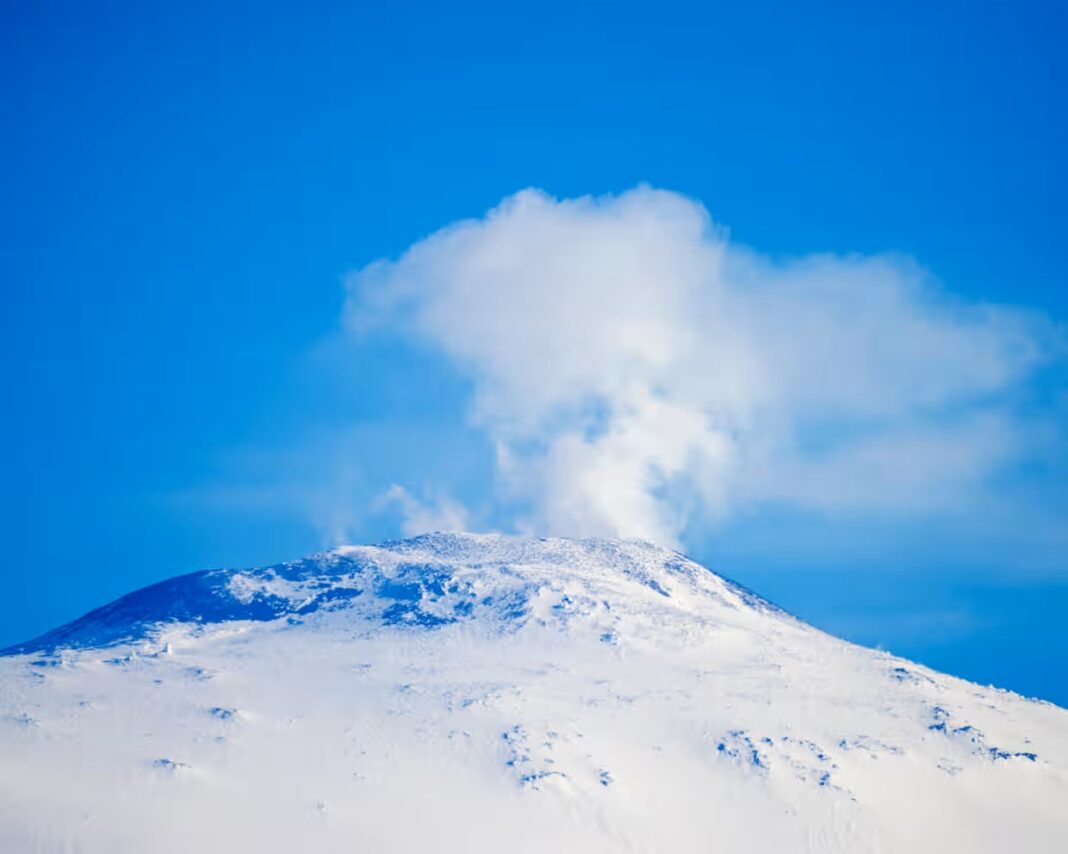Keywords: Melting glaciers, Volcanic eruptions, Climate change impact, Antarctica volcano risk
A new study reveals that the climate crisis, by accelerating the melt of glaciers and ice caps, could trigger a wave of explosive volcanic eruptions. As ice melts, it reduces the pressure on underground magma chambers, making eruptions both more likely and more violent. While this phenomenon is well-documented in Iceland, situated atop a tectonic boundary, the latest research offers rare evidence from a continental setting.
Conducted in Chile’s Andes, the study examined the aftermath of the last ice age, revealing how the retreat of the 1,500-meter-thick Patagonian ice sheet triggered a surge in volcanic activity. Researchers analysed volcanic rocks on Mocho-Choshuenco using radioisotope dating and mineral studies to trace the eruption history tied to glacial retreat.
The findings highlight West Antarctica as the greatest looming threat, home to at least 100 volcanoes beneath thick ice that is rapidly thinning due to global warming. Should these volcanoes awaken, the consequences could be twofold: eruptions might cool the planet in the short term by releasing sunlight-reflecting particles, but sustained activity would pump CO₂ and methane into the atmosphere, intensifying global heating in a dangerous feedback loop.
“As glaciers retreat due to climate change, our findings suggest these volcanoes erupt more frequently and more explosively,” said Pablo Moreno-Yaeger of the University of Wisconsin-Madison, who led the research presented at the Goldschmidt geochemistry conference in Prague.
The study underscores yet another peril of unchecked climate change, showing how rising temperatures could not only melt ice but also stir the planet’s fiery depths. Read More
News Credit: The Guardian
Picture Credit: Jason Edwards/Alamy



